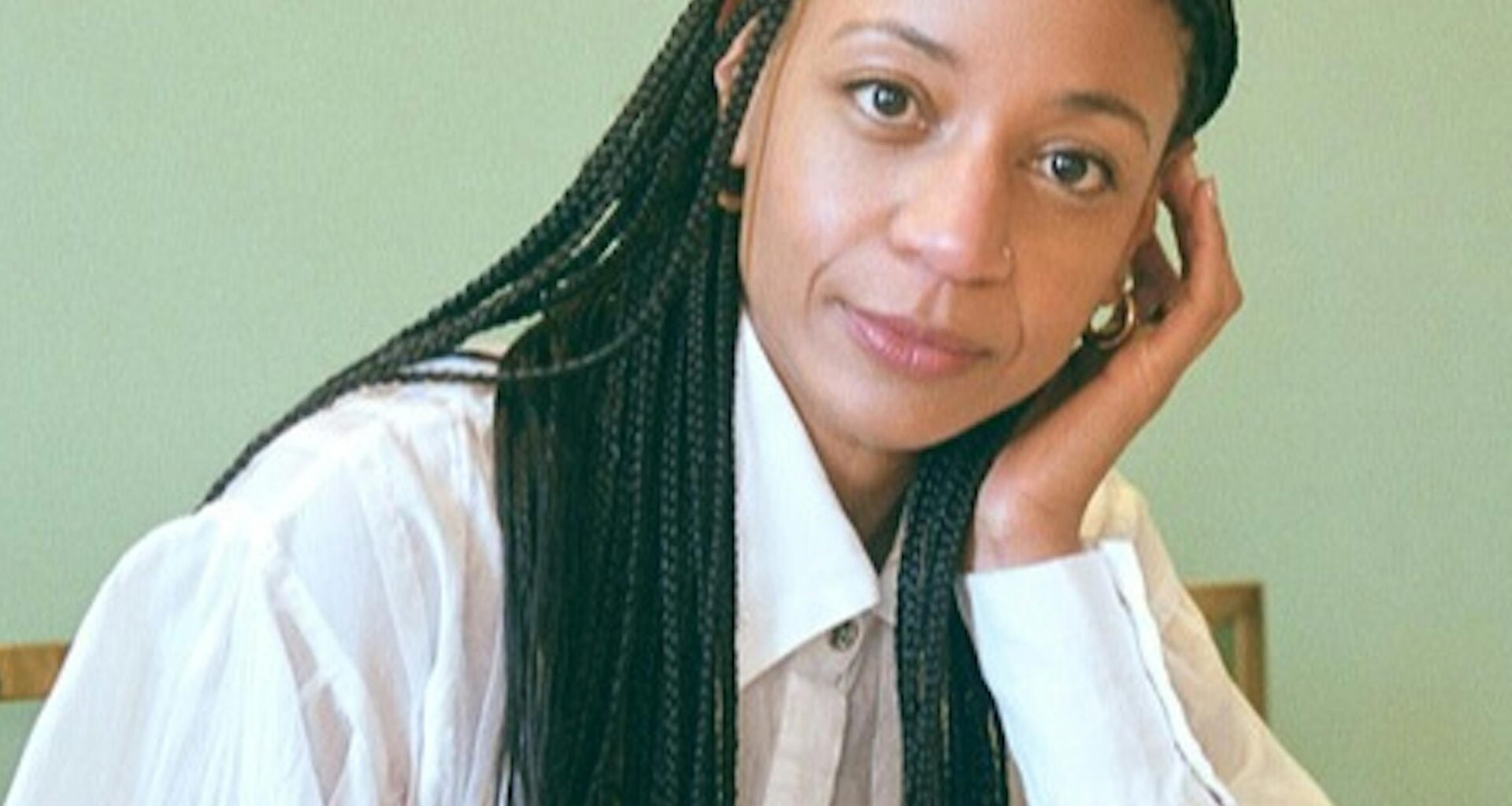“Little Movements” Lauren Morrow’s smart, incisive and hilarious debut, is an ode to the creative process and to people everywhere who feel the pull to take a risk and try something new.
I have never read a book quite like this one, about the professional choreographic world, and featuring a deeply conflicted, 30-something, sardonic, Black female protagonist. It’s been awhile since I enjoyed a book so much, and found myself laughing out loud at the absurdity and truth — the truth of the absurdity — in the world Morrow concocts. Dare I say this is an experience many readers need, especially right now?
Layla Smart has been mostly happily married to an unsuccessful white screenwriter-turned-IT-guy in Brooklyn when she receives an offer for a residency at Briar House, an exclusive (and very white) dance center in rural Vermont. Although she and her husband Eli are nervous about being apart, they agree (at least on the surface) that she has to take it.
Once there, she meets Margot, the controlling artistic director of Briar House — an older white woman who is at once overly invested in the success of Layla’s work, and doggedly focused on its “Black” aspects. As the story and Layla’s residency progress, we learn Briar House is not what it presents itself to be, and neither is Eli.
“There weren’t many opportunities for escape in adulthood. That had been part of the appeal of Briar House, time away from everything,“ Layla says. “I had felt like I’d figured out a loophole when I signed the paperwork. But now — chilled to the bone, cheeks chapped, belly full, mind bent, heart broken — Briar House felt like a disaster.”
Layla is at times ambivalent about the role of her Blackness in her art. This is a topic I rarely see explored in fiction in such a nuanced way, reflecting the complexity of institutional investment in appearing “anti-racist,” how funding and opportunities are often tied to a certain performance of race, and the racial anxieties and contradictions these pressures exert on Black artists.
After discovering the real reason she was awarded the residency, Layla muses, “It was time to cleanse their palate with a Black artist. Something that spoke to the current moment. Now that Briar House had reached financial stability, they needed to show they were in step with the zeitgeist.”
When the board is confronted with their negligence and racism, Morrow writes that they “had nothing real to say. Harold apologized for the way everything had unfolded…They were all disappointed, but it had been a matter of Briar House surviving or not… But we should all rest assured — the board planned to make a donation to the ACLU on behalf of the organization.”

